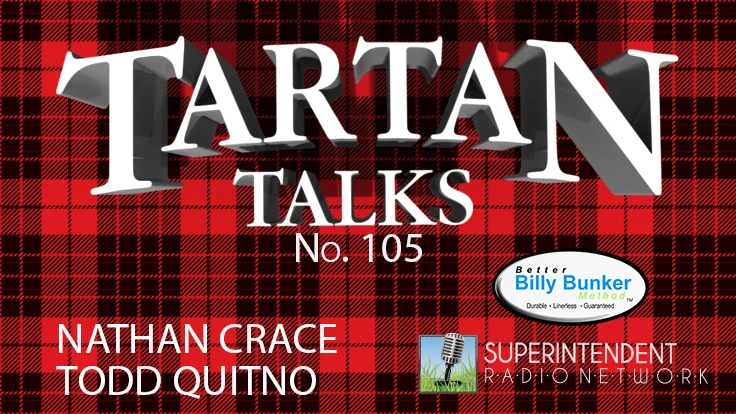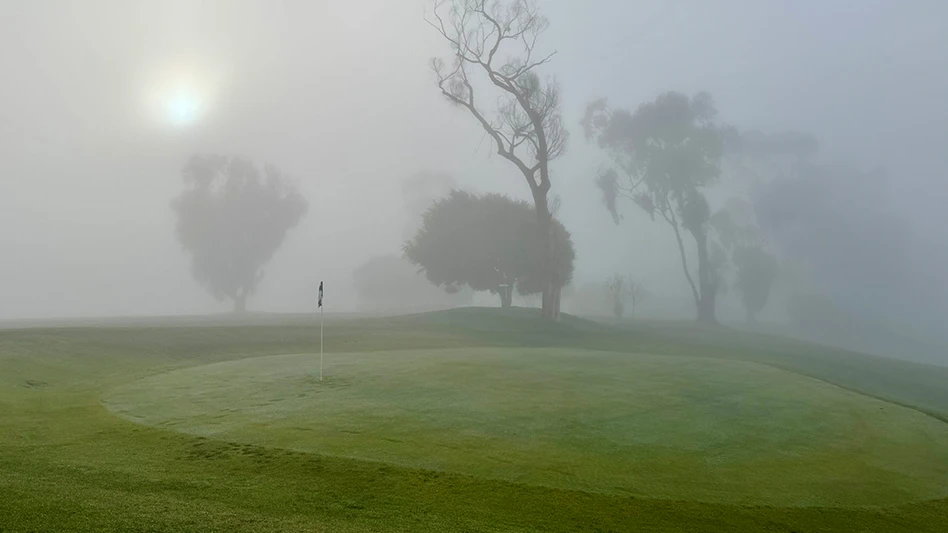Most of today’s businesses have quality control measures to manage production. They use internal controls while measuring employee and consumer feedback as means to improve the quality of products and efficiency.
Golf also is a business – a big one that generated more than $65.2 billion in 2005. Because golf is a business, the same strategies that promote best practices in other industries also should be effective in the golf course industry.
In 2003, the Hinsdale Golf Club began forming a golf course master plan. William “Billy” Fuller, principle of Billy Fuller Golf Design and the architect of the master plan, said the plan was meant to preserve the club’s history and design and offer improved strategic quality while bringing the club up to date with specifications and features such as bunkers.
With membership expectations thought to be at an all-time high following this project, a means to standardize course tasks was necessary to raise and maintain the level of maintenance. This would act as a means to increase efficiency through communication and staff training while gaining constructive feedback from strategic club members. In 2004, two years before my arrival as assistant, the grounds department implemented a quality control program – a visual improvement process. The VIP revolves around the specifics of each job standard, which is written – in Spanish and English – specific to what was expected to help alleviate confusion. These standards pertain to:
- Greens mowing;
- Tee and collar mowing;
- Fairway mowing;
- Bank mowing;
- Landscaping;
- Lakes and ponds;
- Cart and foot paths;
- Equipment management;
- Shop cleaning;
- Practice range;
- Raking bunkers; and
- Cup and tee setting.
Taking the time to think about and write expectations for each job might seem daunting. However, with the jobs you wish to standardize, think of everything you expect after it’s completed.
Each day, another supervisor or I rate the standard of each task with a score from zero to 10 (10 being best). The numbers of each rating are collected with the week’s other daily readings to find a weekly average. The use of Microsoft Excel is paramount in these processes. With the weekly averages, you can create bar graphs to help measure your progress throughout the season. Posting the standards along with the graphs can help your staff visualize its progress.
Understanding that the findings of the VIP were one-sided (because only the feedback from the grounds department supervisors was used), it was decided to incorporate the feedback of selected members of the club. This is similar to a consumer survey you might receive after you purchase a product.
We offered our rating sheets to a cross section of members at the club. They included members of the board of directors and grounds committee. Overall, there were about 30 members who were solicited for feedback. In a public setting, use your golf staff and rangers to help promote golfer participation in these ratings.
When we received these rating sheets back from our members, we averaged the total of each rating to find a monthly number. This number would be measured every month in a bar-graph form similar to the number measured by the grounds staff.
From the written job standards of each task, we found another tool to help staff training. Each task is broken down again to identify the individual standards. The biggest commitment in the training process is the time needed to talk to each employee. However, it’s worth it because you’re able to build a connection with him and convey your concern for workplace safety and quality. Meanwhile, you can explain your expectations when using the task training sheets for each job.
Pictures are worth a thousand words and are easy ways to communicate to the staff without saying a word. By taking a picture of a correct action or incorrect action, you can give the staff your feedback. A digital camera is a valuable and necessary investment because it’s part of the visual improvement process.
Hinsdale has an in-depth program using ratings, charts, photos and written standards. This might not work at every facility, but incorporating the photos to communicate to your staff or writing standards for the jobs is valuable. This might help organize your department better. The greens mowing standard (see below) is just a template to get you started.
This subjective program is a relatively objective measuring tool to improve operations. VIP helps streamline communication and training with the staff and golfers.
When I began on a golf course crew 11 years ago, I never thought training and communication skills gained through a quality control method would be some of the biggest skills necessary for success. Now I know it can be invaluable if done properly. GCI
John Ekstrom is the assistant golf course superintendent at Hinsdale Golf Club in Clarendon Hills, Ill. He can be reached at snapp79@aol.com or 815-922-0587.

Explore the January 2008 Issue
Check out more from this issue and find your next story to read.
Latest from Golf Course Industry
- Talking Turf Weeds 13: Talking seasonal change with Heidi Burgess and Paul Marquardt
- Beyond the Page 65: New faces on the back page
- From the publisher’s pen: New? No way!
- Indiana course upgrades range with synthetic ‘bunkers’
- Monterey Peninsula CC Shore Course renovation almost finished
- KemperSports and Touchstone Golf announce partnership
- PBI-Gordon Company hires marketing manager Jared Hoyle
- Mountain Sky Guest Ranch announces bunker enhancement project







